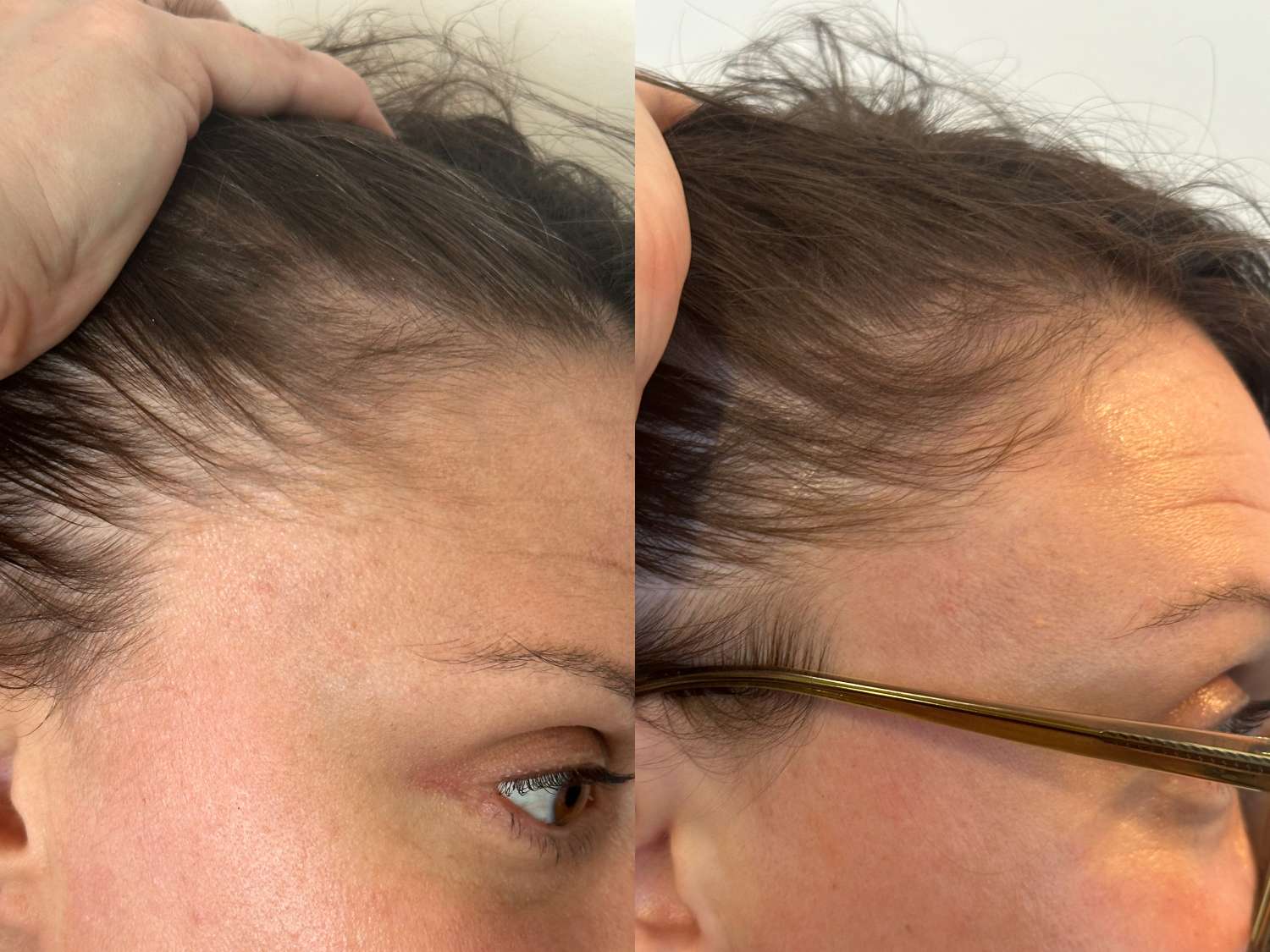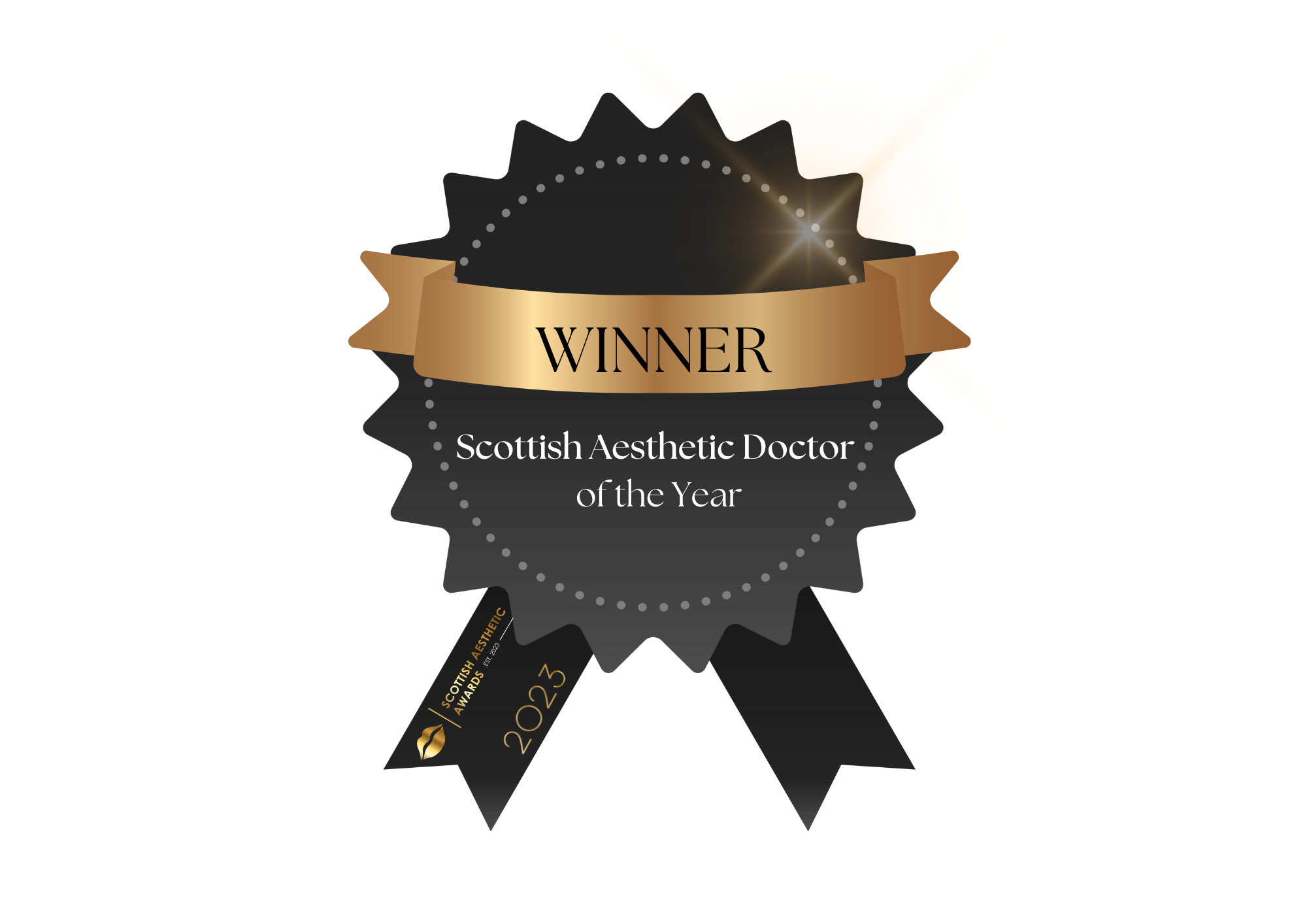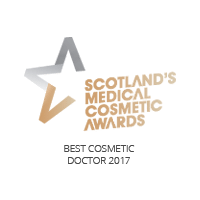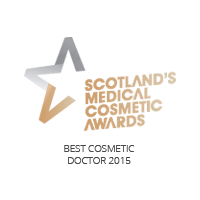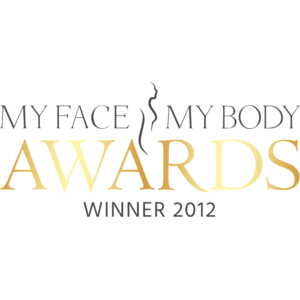Ageing and Hair Loss
Ageing is a natural process that impacts the body in numerous ways, including hair health. While not everyone experiences significant hair loss with age, the biological changes that come with aging contribute to thinning hair and slower regrowth. Here are the keyways ageing contributes to hair loss:
Shortening of the Hair Growth Cycle
Hair grows in a cycle of three phases:
- Anagen (Growth Phase): Hair actively grows for 2–7 years.
- Catagen (Transition Phase): Growth slows, and the hair follicle shrinks.
- Telogen (Resting Phase): Hair falls out, and the follicle prepares for new growth.
As we age:
- The anagen phase shortens, meaning hair spends less time growing and more time in the resting phase.
- This results in slower hair growth and thinner, shorter hairs over time.
Reduction in Hair Follicle Activity
- With age, hair follicles shrink and may become dormant, leading to miniaturised hairs or no hair growth at all. This process is often seen in conditions like androgenetic alopecia (male and female pattern hair loss), which becomes more pronounced with age.
Hormonal Changes
- Hormones play a significant role in hair health. As we age, levels of certain hormones change:
- In Men: Testosterone converts to dihydrotestosterone (DHT), which causes hair follicles to shrink and eventually stop producing hair.
- In Women: Menopause leads to a drop in oestrogen and progesterone, which are protective against hair loss. This hormonal shift can cause thinning hair and increased shedding.
- In Men: Testosterone converts to dihydrotestosterone (DHT), which causes hair follicles to shrink and eventually stop producing hair.
Scalp and Skin Ageing
- The scalp ages just like the rest of the skin:
- Reduced Blood Flow: Ageing reduces circulation to the scalp, meaning hair follicles receive fewer nutrients and oxygen.
- Decreased Sebum Production: Sebum, which conditions the scalp and hair, decreases with age, making hair more brittle and prone to breakage.
- Reduced Blood Flow: Ageing reduces circulation to the scalp, meaning hair follicles receive fewer nutrients and oxygen.
Accumulated Damage
- Over time, hair is subjected to damage from:
- UV exposure
- Pollution
- Heat styling and chemical treatments
- This cumulative damage weakens hair shafts and accelerates hair thinning.
Oxidative Stress
- Ageing increases oxidative stress, which occurs when free radicals damage cells, including those in hair follicles.
- Reduced antioxidant activity in older adults means that the hair follicles are less protected, contributing to hair loss.
Reduced Collagen and Elastin
- With age, the body produces less collagen and elastin, which support the structure of the scalp and hair. This can lead to weaker hair follicles and thinning hair.
Telogen Effluvium Susceptibility
- Older adults are more susceptible to telogen effluvium, a condition where more hairs than normal enter the resting phase. This can be triggered by stress, illness, or certain medications, all of which become more common with age.
Genetic Predisposition
- While ageing itself contributes to hair loss, genetics amplify the effect. For example, androgenetic alopecia (male and female pattern baldness) often accelerates with age, particularly in individuals with a genetic predisposition.
Can Hair Loss Due to Ageing Be Prevented or Reversed?
While ageing is inevitable, there are steps that can mitigate its effects on hair:
- Promote Scalp Health:
- Use treatments like Keravive to improve scalp circulation and hydration.
- Regularly exfoliate the scalp to remove buildup and stimulate follicles.
- Use treatments like Keravive to improve scalp circulation and hydration.
- Optimise Nutrition:
- Maintain a diet rich in iron, zinc, protein, and vitamins (especially B12, D, and biotin).
- Maintain a diet rich in iron, zinc, protein, and vitamins (especially B12, D, and biotin).
- Address Hormonal Imbalances:
- In women, post-menopausal hair loss may improve with hormone replacement therapy (HRT) under medical supervision.
- Medications like finasteride can reduce the effects of DHT in men.
- In women, post-menopausal hair loss may improve with hormone replacement therapy (HRT) under medical supervision.
- Support Hair Follicles:
- Treatments like PRP (Platelet-Rich Plasma) or polynucleotides can rejuvenate ageing follicles and encourage growth.
- Treatments like PRP (Platelet-Rich Plasma) or polynucleotides can rejuvenate ageing follicles and encourage growth.
- Use Antioxidants:
- Incorporate antioxidants into your diet or hair care routine to combat oxidative stress.
The Takeaway
Ageing itself doesn’t cause everyone to lose hair entirely, but it does contribute to thinning, slower growth, and weaker strands due to hormonal shifts, changes in follicle activity, and cumulative damage. While we can’t stop ageing, modern advancements in scalp health, medications, and lifestyle management offer promising ways to maintain healthier, fuller hair as we age.
